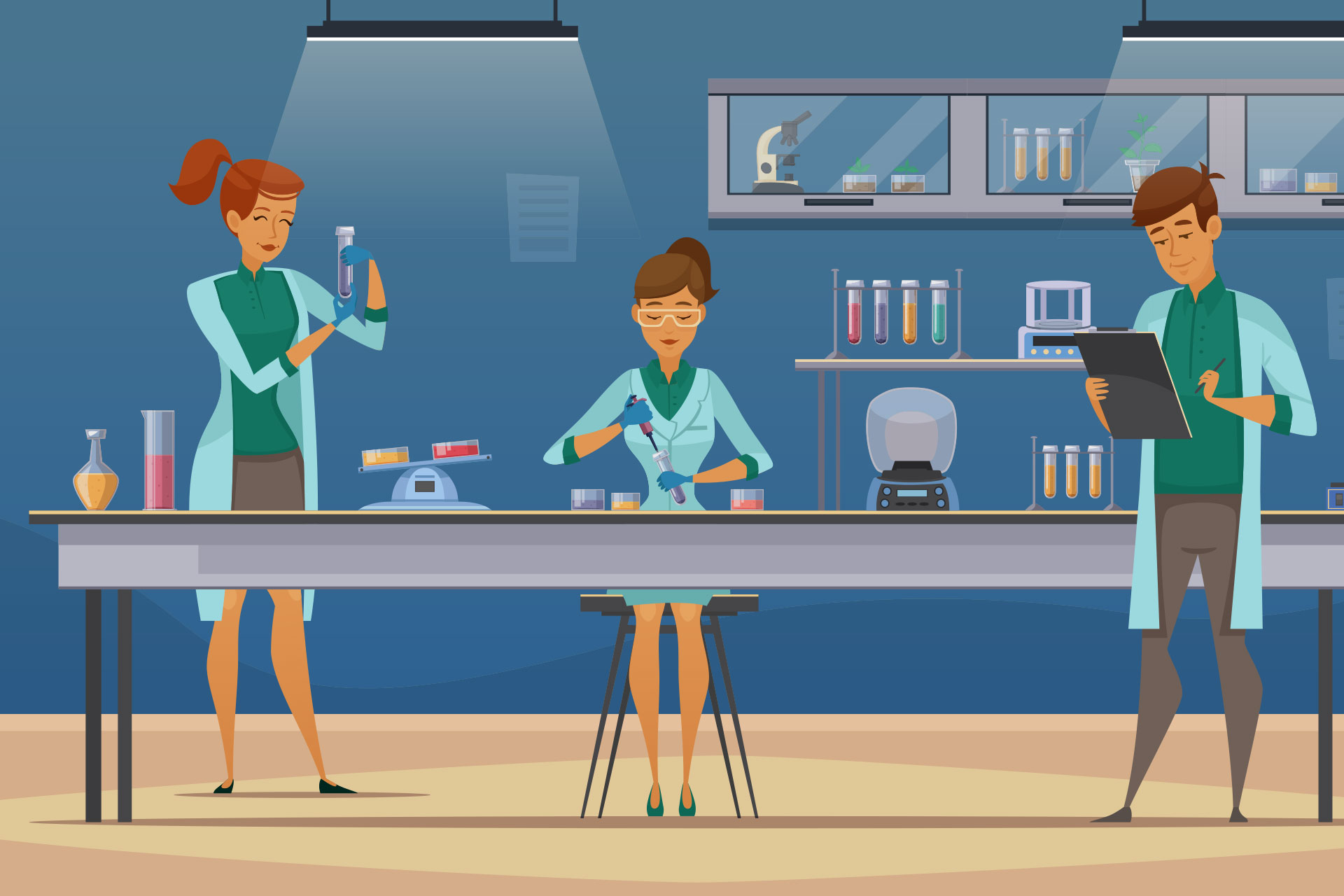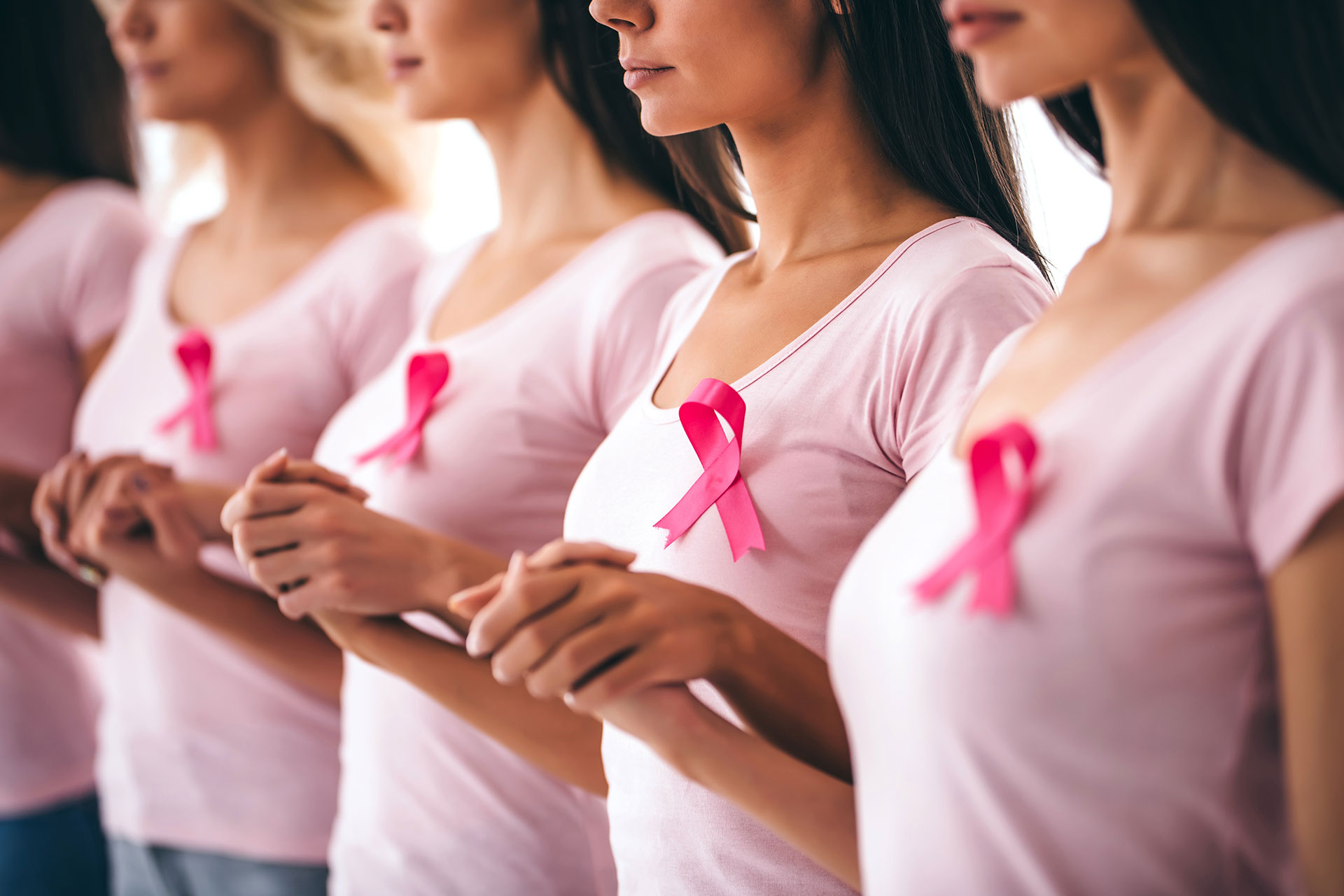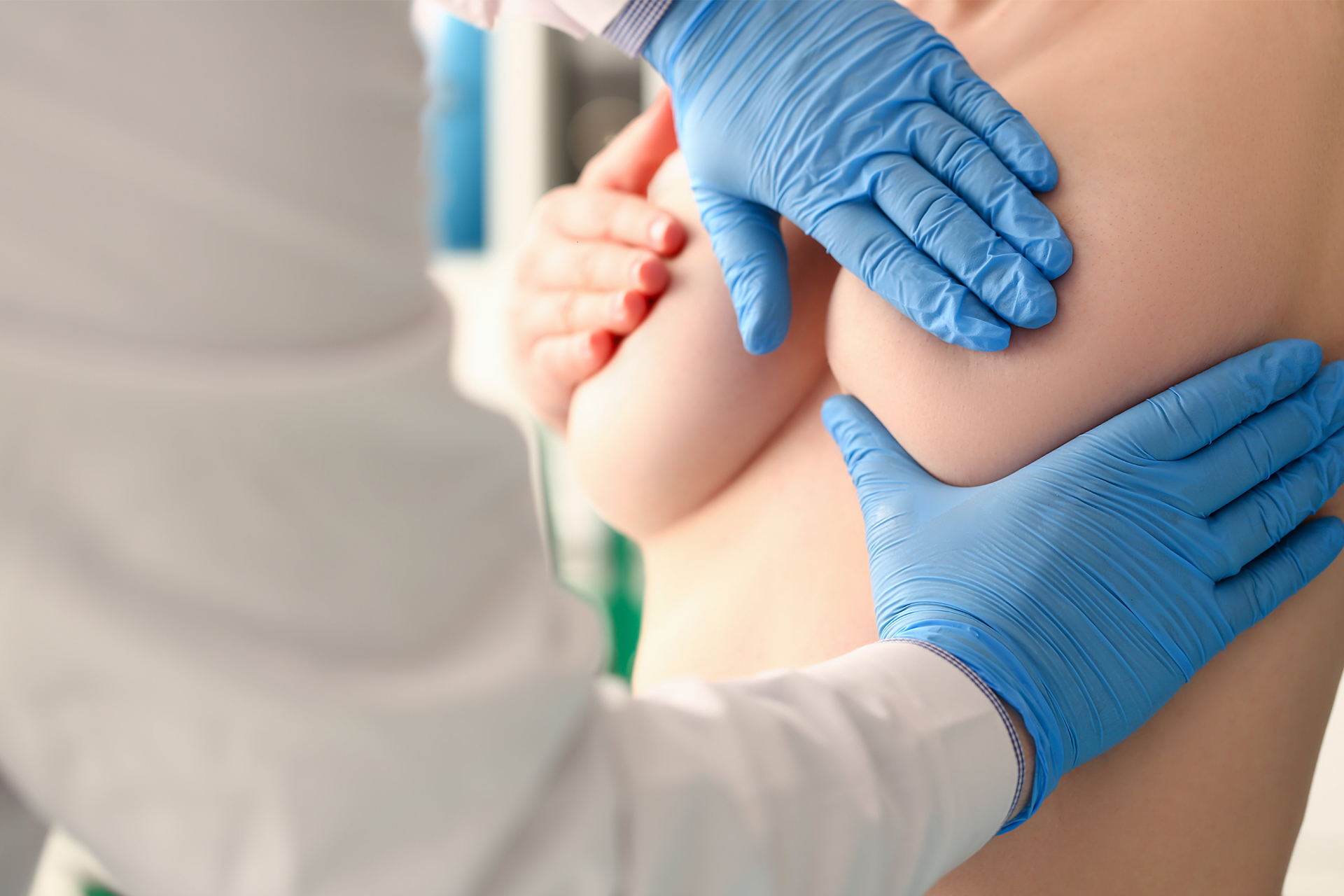World Breast Cancer Research Day, observed every year on August 18, is a timely and potent reminder of the importance of research in fighting one of the most widespread cancers in the world. While October is universally known for breast cancer awareness, this day emphasizes that research, treatment, and patient support must continue throughout the year. For families living with breast cancer, research offers hope, while home-based care ensures comfort, dignity, and improved quality of life.
Why World Breast Cancer Research Day Matters
Breast cancer is the most common cancer around the world, affecting both women and men, though it is significantly more common among women. According to the World Health Organization (WHO), breast cancer now represents about 12 percent of all new annual cancer cases globally. In the United States alone, the American Cancer Society estimates that nearly 300,000 new cases of severe breast cancer will be diagnosed in women in 2025, along with thousands of new cases in men.
The date itself, August 18, symbolizes the 1 in 8 women who will potentially develop breast cancer during their lifetime. While advocacy during October brings attention to the cause, World Breast Cancer Research Day reinforces that the fight to end breast cancer must be ongoing. It is a time to remark on the progress of science and the lived experiences of patients and families who benefit from both innovative research and compassionate care at home.
Progress That Brings Hope
Recent breast cancer research has advanced significantly in the past decade, transforming treatment approaches and improving survival rates. Scientists are focusing on:
For patients, these developments mean more effective treatments, fewer side effects, and improved survival outcomes. For families, it means renewed hope and more time together.

Breast Cancer Awareness Facts Every Family Should Know
Research is not just about laboratories and clinical trials. It connects directly to patients and families, helping them understand risks, treatment options, and ways to live well after diagnosis.
These facts highlight why Breast Cancer Research Day deserves global recognition. Awareness is essential, but awareness combined with research and patient support creates meaningful progress.
The History of Breast Cancer Research
The history of breast cancer research spans centuries, from ancient medical texts describing breast tumors to the revolutionary use of surgery, radiation, and chemotherapy in the 20th century. Yet the most transformative progress has occurred in the last few decades.
This long journey reminds us that research has always been, and will continue to be, the key to progress.
Breast Cancer Research Statistics
Numbers provide a sobering picture of why this fight matters:
These breast cancer research statistics reflect both the progress made and the urgent need for continued efforts.

How Home Nursing Supports Patients and Families
While science works to end breast cancer, patients and families often face the daily challenges of living with the disease. This is where home nursing and therapy services show their value.
Benefits of having a home nurse or therapist include:
- 1
Medical education at home – Skilled nurses can monitor treatment side effects, teach medication education, and assist with wound or post-surgical care.
- 2
Comfort-focused support – Therapists and nurses help reduce pain, manage fatigue, and improve mobility, allowing patients to live more comfortably.
- 3
Emotional reassurance – Breast cancer impacts mental health as well as physical health. Having a trusted professional at home provides patients and families with ongoing reassurance.
- 4
Education for families – Home nurses teach family members how to care for their loved ones, giving them confidence and reducing stress.
- 5
Personalized care – Every patient’s needs are different. Home-based care offers flexibility and customization that hospital visits often cannot provide.
By combining recent breast cancer research with high-quality in-home care, patients are not only surviving longer but living better.
Why Research and Home Care Must Work Together
The mission to end breast cancer cannot rely on research alone. Scientific breakthroughs must translate into everyday care that reaches patients where they are. At Signature Health Services, we bridge this gap by:
For families, this integrated approach means they benefit from both the latest medical advancements and the personal touch of compassionate care.
Looking Ahead
World Breast Cancer Research Day is not a mere call to honor past achievements but also a moment to look forward. Research will continue to evolve, bringing new treatments and, hopefully, a cure. At the same time, families will continue to need practical and emotional support, which home nursing provides.
As an experienced home nursing agency, we see firsthand how combining breast cancer research with dedicated in-home care gives patients the best chance at a meaningful, comfortable life. The future depends on both the laboratory discoveries that push medicine forward and the daily care that helps patients thrive.
On August 18, the world pauses to recognize World Breast Cancer Research Day. It is a time to celebrate progress, acknowledge the remaining challenges, and reaffirm our commitment to the millions affected by breast cancer. Every step forward brings us closer to a cure.
At the same time, at Signature Health Services, we are an essential partner for patients and families, translating research into reality by providing skilled care and compassionate support at home. Together, research and care form the strongest path forward in the effort to end breast cancer once and for all.
If you are homebound, Signature can provide most of these vaccines on a doctor’s order. Contact Signature 24/7 at 1.800.277.8291 for more information.

We Are Here to Help
ALWAYS ON CALL
| Monday – Sunday | 24 / 7 |
1 (800) 277-8291 (option 1)
COUNTIES SERVED
OUR VALUES
TESTIMONIALS

I love all of my home health people.

All Signature staff as well as therapy were very helpful.

Their services have always been great.

I really love my physical therapist. Gary has helped me so much.

This has been one of the best agencies. Very caring nurses.

I’ve had a really good physical therapist and really nice nurses.

I have had excellent care & would recommended them to anyone.

Gary Dixon is the very best physical therapist in Baytown and Houston Area.

